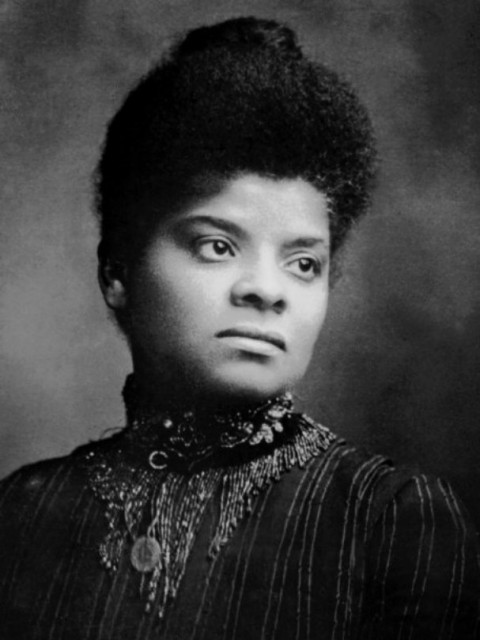Ida B. Wells awarded Pulitzer Prize 89 years after her death

On May 4, journalist Ida B. Wells-Barnett was awarded a posthumous Pulitzer Prize for her investigative reporting on lynching that began in the early 1890s. In recognition of the honor, the Pulitzer Prize board will award $50,000—recipients yet to be announced—in support of her mission of antiracism.
Wells-Barnett, a lifelong Methodist, spent more than 50 years laying bare the common lie that lynching in the United States was about vigilante justice rather than racial terrorism. In “Lynch Law in America,” a speech she gave in 1900, Wells-Barnett explained that “boys of 14 years have been lynched by white representatives of American civilization. In fact, for all kinds of offenses—and, for no offenses—from murders to misdemeanors, men and women are put to death without judge or jury.”
In addition to her journalism, Wells-Barnett was a cofounder of the National Association for the Advancement of Colored People, an active suffragist, and a community organizer in Chicago, where she spent most of her adult life.





